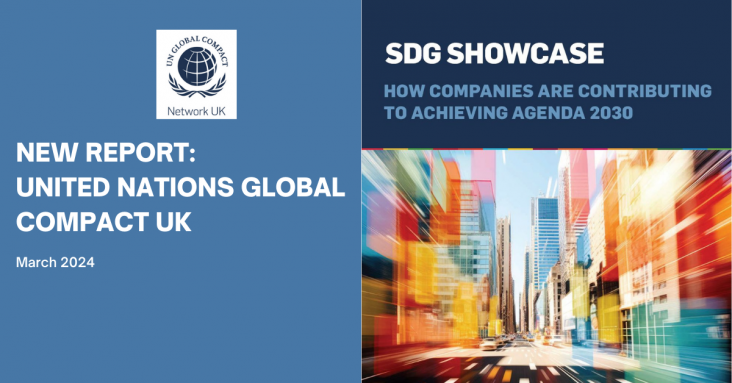This Article supports SDG 3 by assessing the prevalence of hepatitis B, C, and delta virus in French Polynesia. The findings suggest that the HBV vaccination policy is effective and that HCV and HDV have very low levels of transmission, although some areas did have higher HBV prevalence, warrenting improved vaccine coverage and awareness.
This Article supports SDG 3 by arguing that people under community correction supervision (probation or parole) are a large population of individuals at risk of viral hepatitis, to whom little attention has thus far been paid. Targeting hepatitis testing and treatment services at this population would be feasible and effective in reducing hepatitis incidence.
The study forecasts AI-based innovation's impact on SDGs in 22 countries from 2022 to 2030 using System Dynamics Modeling. In most of the 22 countries studied, AI-based innovation positively affects SDGs 1, 3, and 5. For half of the countries studied, AI-based innovation positively influences SDGs 2, 4, 6–8, 11, 13, and 16–17. AI-based innovation does not positively influence SDGs 10, 12, 14–15 for most countries studied.
Elsevier,
Advanced Vaccination Technologies for Infectious and Chronic Diseases: A Guide to Vaccinology, Developments in Immunology, 2024, Pages 51-62
This content aligns with Goal 3: Good Health. Presents the successful influenza vaccines (using hemagglutinin and neuraminidase proteins), hepatitis B surface antigen vaccine, and the human papillomavirus vaccines targeting viral capsid proteins.
This primary research Article looks at the effects of being able to access community perinatal mental health teams compared with living in regions where those teams were not available. The study found that, among women with a pre-existing mental disorder, the availability of community perinatal mental health teams reduced the post-natal risk of acute relapse and increased the use of secondary mental health care.

In recent years, increased expectations from investors, regulators, employees, and customers have put significant pressure on companies to increase their sustainability efforts.
The Sustainable Development Goals (SDGs) are not just another sustainability framework, but the only universally agreed blueprint to turn meaningful ambition into transformational change. However, businesses report difficulties in integrating the SDGs into their core strategies and in understanding, reporting, and managing their impact on the Goals.
In support of SDG 3, the authors present a student mental health support system, based on artificial intelligence and big data analysis. The system designed through the research aims to provide a personalized mental health support and guidance resource for students, who face increasing psychological pressure in today's society. The system also provides effective mental health monitoring and support tools for ongoing mental health promotion activities in educational settings.
World Intellectual Property Day 2024 is highlighting the critical importance of intellectual property (IP) in catalyzing the human innovation and creativity needed for achievement of the United Nations Sustainable Development Goals (SDGs). This study provides an overview of the key debates and the recent evidence on the societal role of Intellectual property rights (IPRs).
This paper supports SDG 3 by providing further evidence of the trend of increased self-harm notifications and suicide rates in Brazil, suggesting the need for a greater allocation of resources to strategies to prevent self-harm and suicide.
It is about how physical activity can improve mental health
